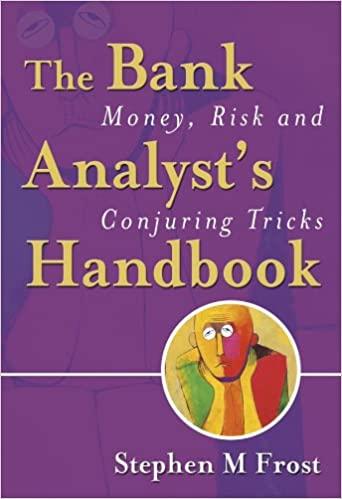[Related to Solved Problem 6.3] Each year the Wall Street Journal holds a stock-picking contest in which columnists for the newspaper pick 24 stocks, and Wall Street fund managers also pick 24 stocks In a recent year, of the columnists' stock picks "more picks lost money than made money." But the columnists' picks still performed better than the picks of the fund managers. Shouldn't well-informed financial journalists and highly paid fund managers be able to choose more stocks that will increase in price than decrease in price? The efficient market hypothesis assumes that stock prices reflect all known information regarding the current and future profitability of the firms This means that changes in the stock price will be anticipated by a well-inf paid fund managers happened to pick individual stocks tha and highly reflect all known information regarding the current and future profitability of the firms move in unison with the overall economy should be fully predictable to well-trained money managers [Related to Solved Problem 6.3] Each year the Wall Street Journal holds a stock picking contest in which columnists for the newspaper pick 24 stocks, and Wall Street fund managers also pick 24 stocks. In a recent year, of the columnists' stock picks "more picks lost money than made money." But the columnists' picks still performed better than the picks of the fund managers. Shouldn't well-informed financial journalists and highly paid fund managers be able to choose more stocks that will increase in price than decrease in price? The efficient market hypothesis assumes that stock prices reflect all known information regarding the current and future profitability of the firms. This means that changes in the stock price will be anticipated by a well-informed money manager It is therefore not surprising that well-informed financial journalists and highly paid fund managers happened to H anticipated by a well-informed money manager the result of unforeseen events in sync with changes in the overall market [Related to Solved Problem 6.31 Each year the Wall Street Journal holds a stock-picking contest in which columnists for the newspaper pick 24 stocks, and Wall Street fund managers also pick 24 stocks. In a recent year, of the columnists' stock picks "more picks lost money than made money." But the columnists' picks still performed better than the picks of the fund managers Shouldn't well-informed financial journalists and highly paid fund managers be able to choose more stocks that will increase in price than decrease in price? The efficient market hypothesis assumes that stock prices reflect all known information regarding the current and future profitability of the firms This means that changes in the stock price will be anticipated by a well-informed money manager. It is therefore not surprising that well-informed financial journalists and highly paid fund managers happened to pick individual stocks that decreased in value in a given year very surprising not surprising









